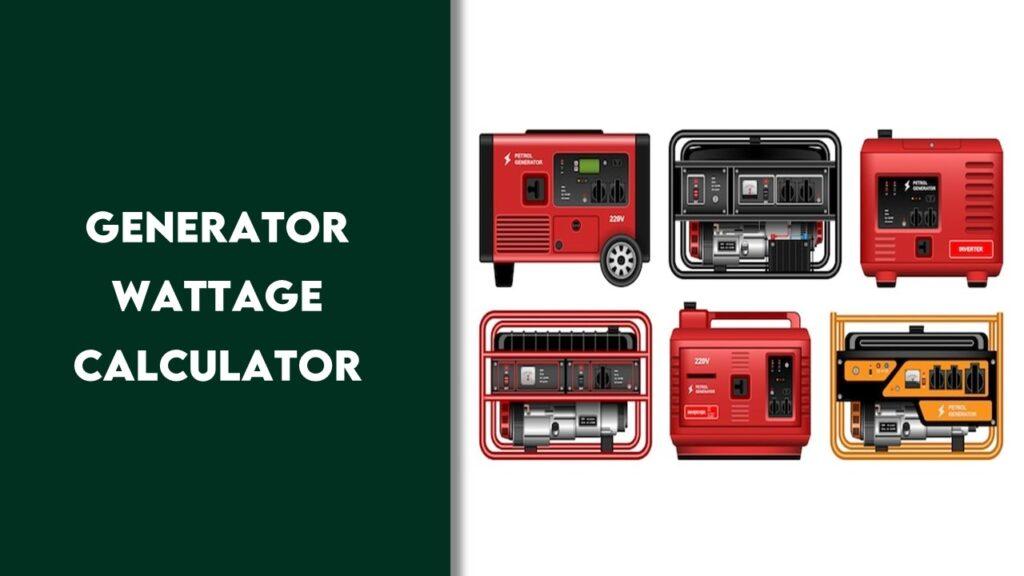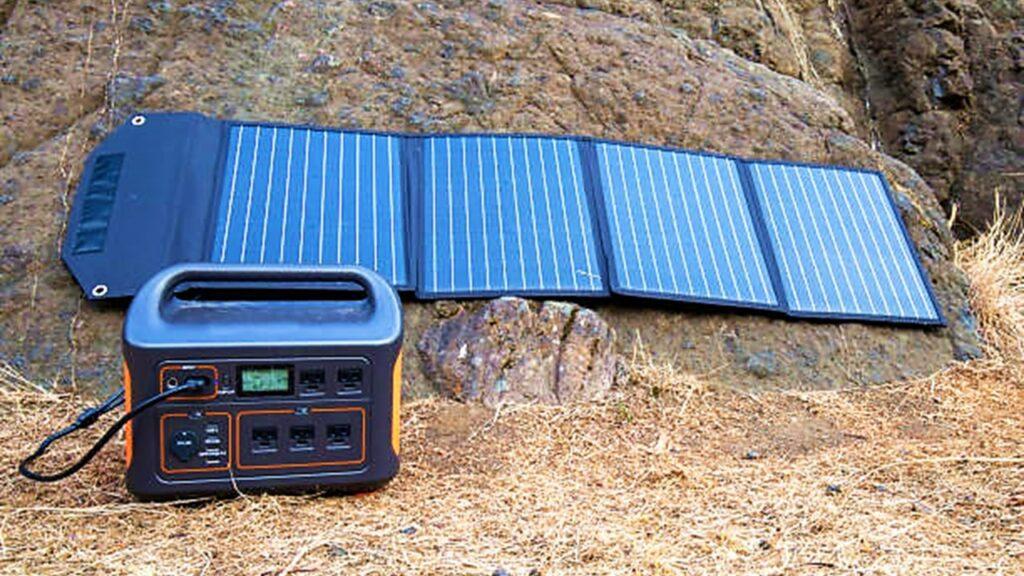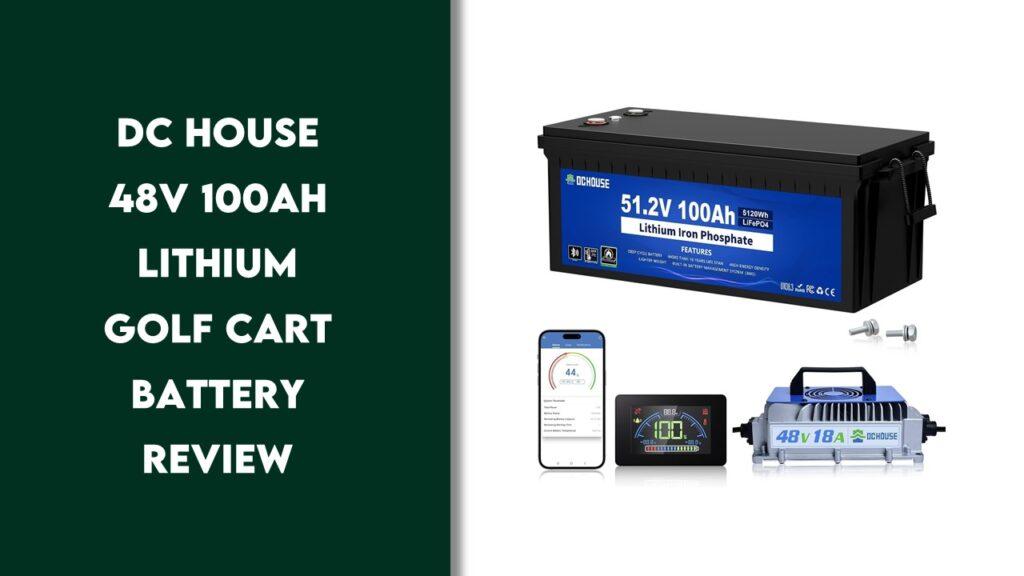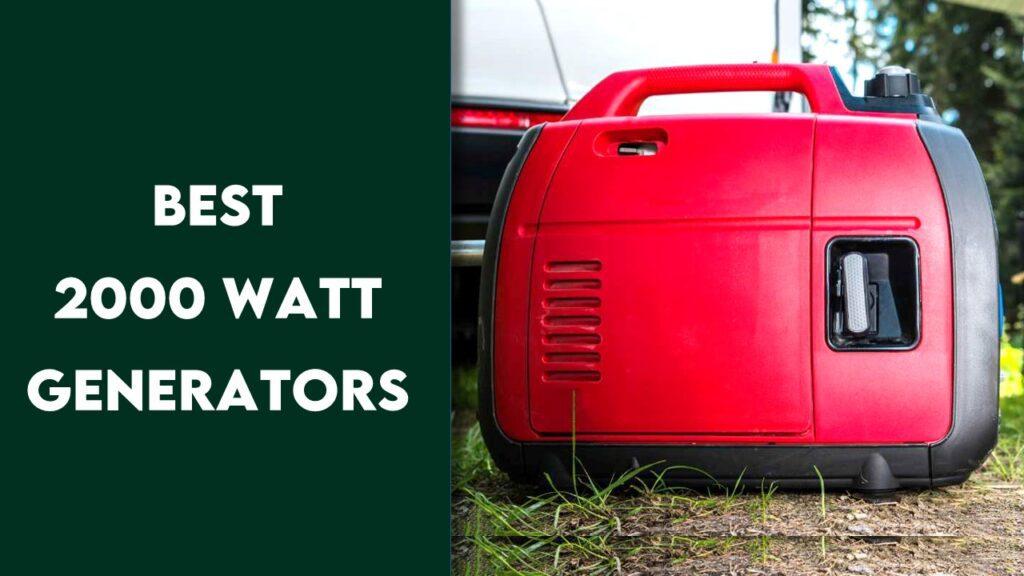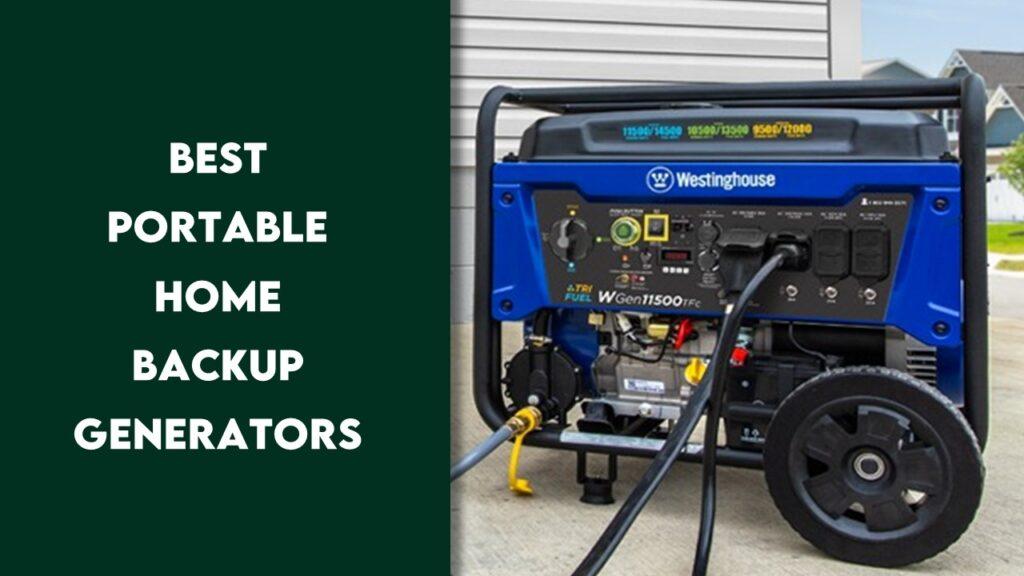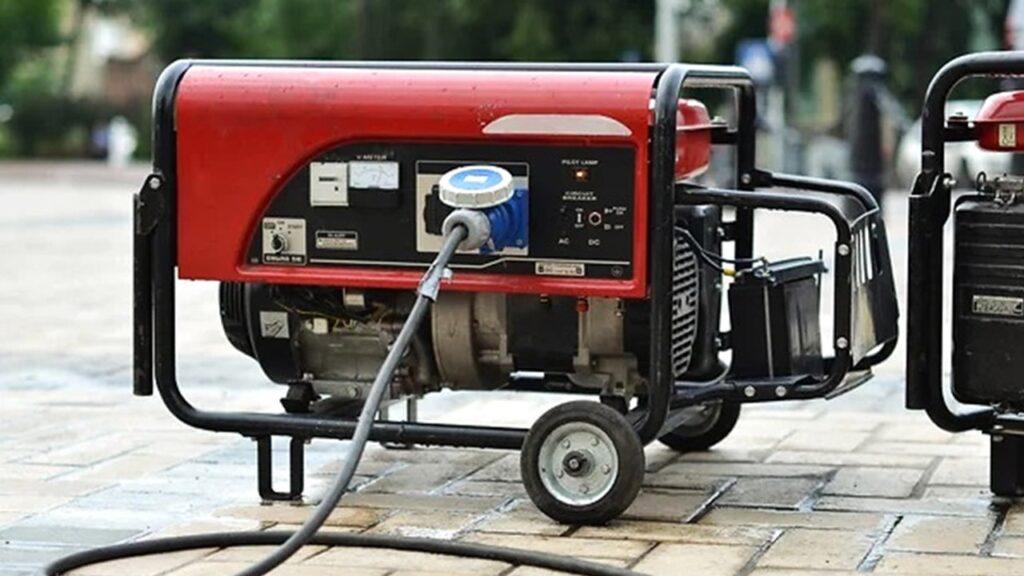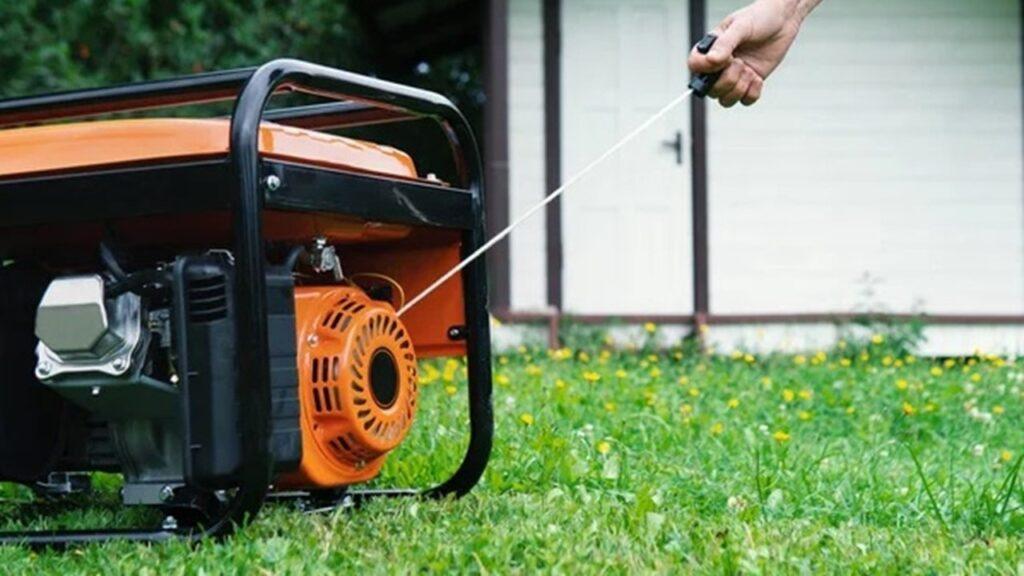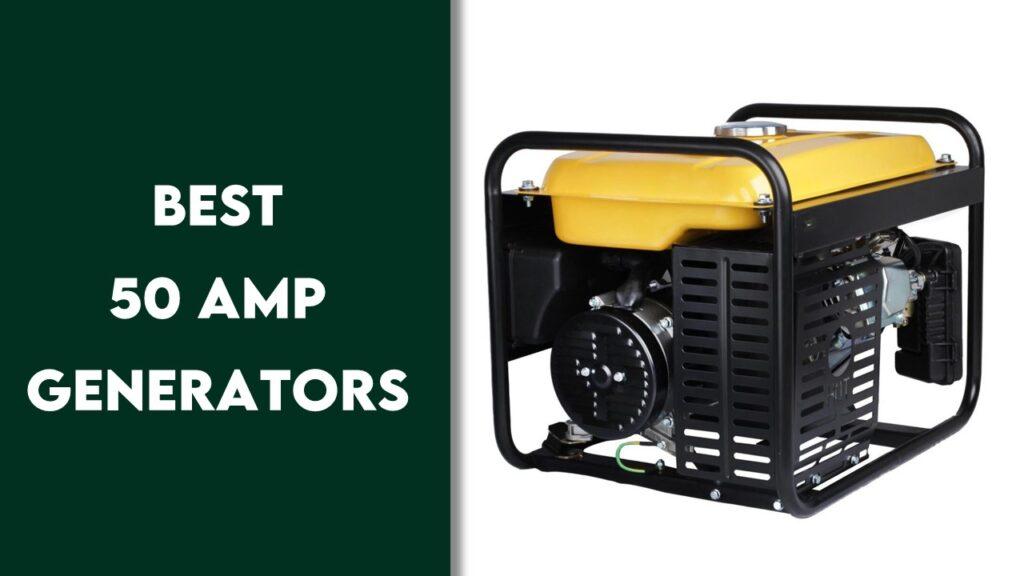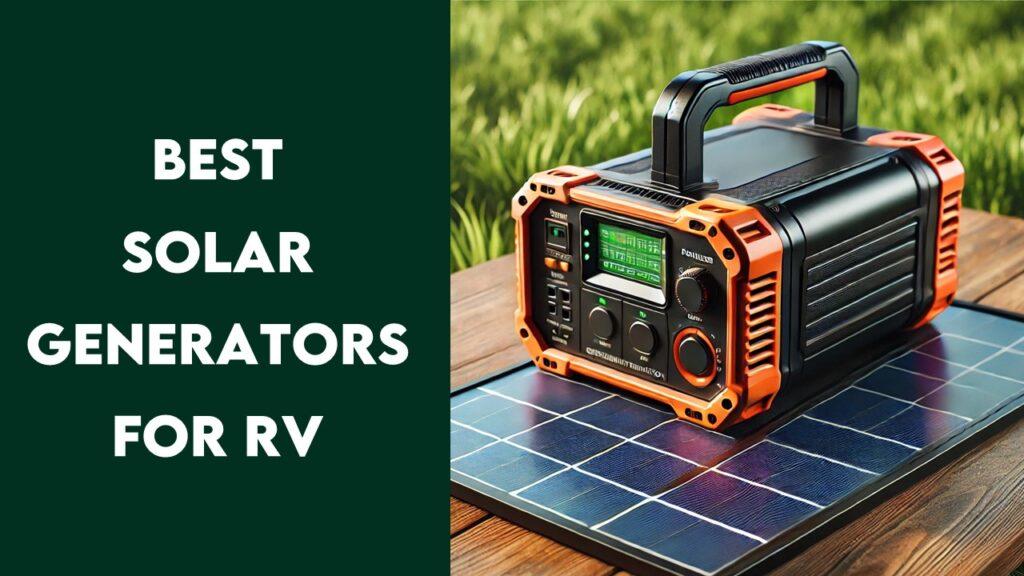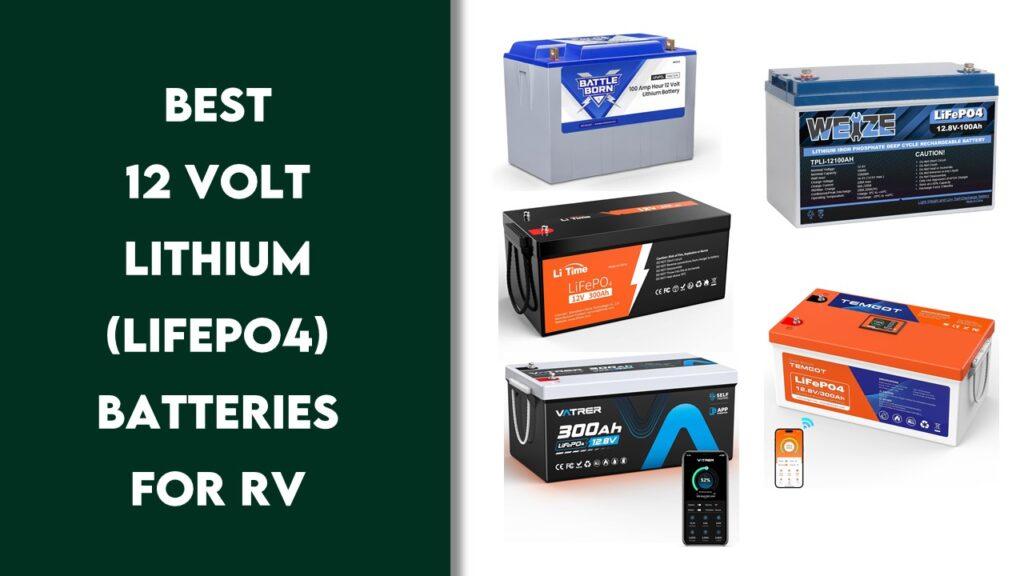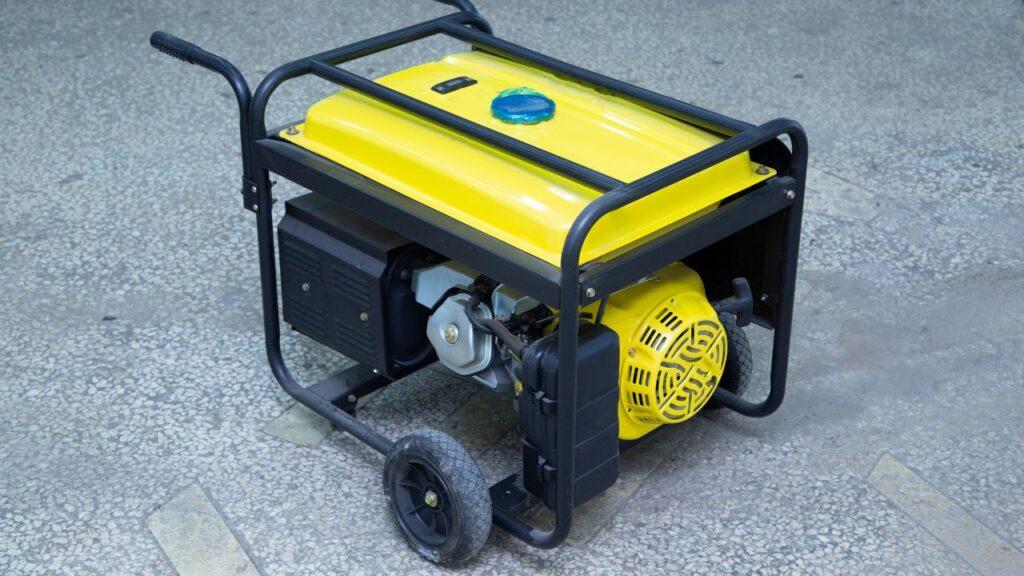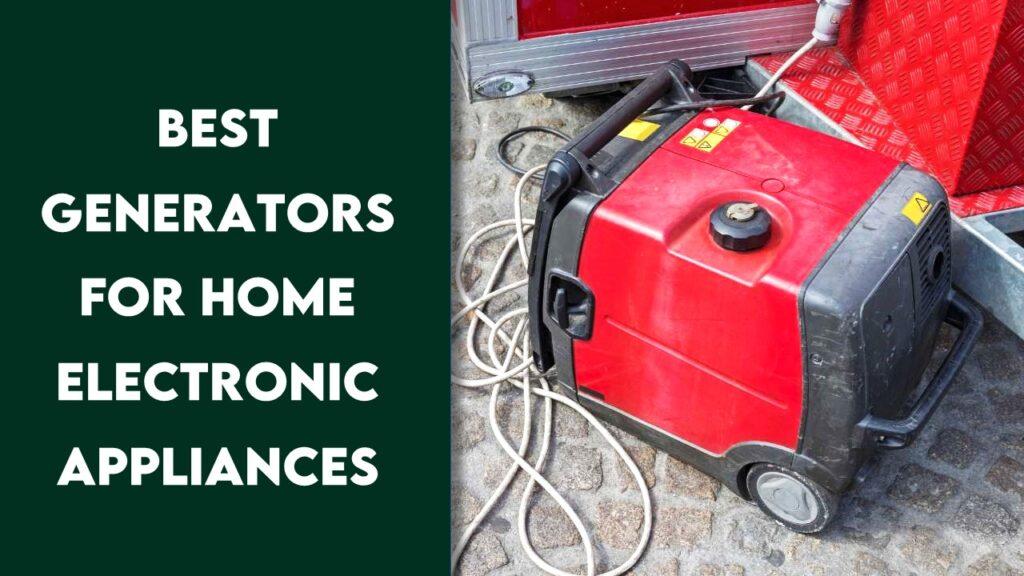If you’re looking for the best lithium batteries for golf carts, a LiFePO4 upgrade is one of the quickest ways to improve how your cart drives every day. A lithium golf cart battery increases usable power, cuts weight, and removes the maintenance that comes with lead-acid. The result is simple: smoother rides, stronger acceleration, and fewer worries about losing charge mid-round or mid-ride.
After testing several LiFePO4 golf cart batteries, these options stood out for different needs: DC HOUSE 48V 100Ah for a strong balance of range and reliability, OGRPHY 48 Volt Lithium Battery for smart monitoring and steady output, Vatrer Power 72V (70.4V) 105Ah for higher-voltage torque on demanding terrain, WEIZE 36V 105AH Golf Cart for common 36V carts, and Wattcycle 12V 100Ah LiFePO4 for modular, custom battery bank builds.
In this guide, we break down the top-rated lithium batteries for golf carts by voltage, capacity, real-world range, charging speed, and long-term value, so you can choose the right LiFePO4 battery for your golf cart with confidence and get back home every time.
We’re reader-supported. When you buy through links on our site, we may earn an affiliate commission. As an Amazon Associate, we earn from qualifying purchases at no extra cost to you.
Best Lithium Battery for Golf Cart: Our Top Picks
- Best Overall: DC HOUSE 48V 100Ah Lithium
- Best 48V Lithium Battery for Golf Cart: OGRPHY 48 Volt Lithium Battery
- Best 72V Lithium Battery for Golf Cart: Vatrer Power 72V (70.4V) 105Ah
- Best 36V Lithium Battery for Golf Cart: WEIZE 36V 105AH Golf Cart
- Best 12V Option: Wattcycle 12V 100Ah LiFePO4
- Best 24V Option: FEENCE 24V Lithium Battery 100AH
- Best Value Option: TEMGO 48V (51.2V) 100Ah LiFePO4
- Best Long-Range Option: Vatrer 48V 105Ah Lithium Golf Cart Battery
- Best Compact Option: VPauexii 48V 105Ah Mini Lithium Golf Cart Battery
- Best Value 48V Option: Cloudenergy 48V(51.2V) 105Ah LiFePO4 Lithium Golf Cart Battery
- Best Heavy-Duty Option: OGRPHY 48V Lithium Golf Cart Battery
- Best Budget Option: CHINS 48V Lithium Golf Cart Battery
1. Best Overall: DC HOUSE 48V 100Ah Lithium

Key Details:
- Voltage/Capacity: 48V, 100Ah (5.12kWh total)
- Peak Current: 700A for 1 second
- Continuous Discharge: 200A
- Smart Monitoring: Bluetooth App + LCD Screen
- Low Temp Cutoff: Charging stops below 20°F, resumes at 32°F
- Weight: 83 lbs (37.6 kg)
- Includes: 48V 18A fast charger, LCD monitor
- Range (estimated): Around 40–56 miles
We really like how the DC HOUSE 48V 100Ah lithium battery makes upgrading your golf cart effortless. Instead of juggling six bulky lead-acid batteries, you just drop in this single lithium battery for golf carts, connect it, and you’re ready to go. It’s lighter, cleaner, and takes up far less space. The reinforced internal cell design with metal clips adds durability, which matters when your cart bounces over rough trails or uneven fairways.
This LiFePO4 golf cart battery also includes both Bluetooth monitoring and an LCD display, so you can easily check charge levels and performance stats from your seat. You can’t use both at once, but switching is simple. We also appreciate its cold-weather protection; it automatically pauses charging below 20°F and resumes once temperatures rise, perfect for carts stored in garages or sheds during winter.
When tested, this lithium golf cart battery delivered solid power and range. With a 700A peak discharge, it climbed hills smoothly and provided up to 56 miles per charge. The included 18A charger tops it up in under six hours.
If you’re looking for a dependable, long-lasting LiFePO4 battery for golf carts that’s easy to install and simple to manage, this one hits the sweet spot between performance, convenience, and value.
Pros:
- Reinforced internal design adds stability
- LCD monitor and Bluetooth app for real-time tracking
- Built-in cold weather charging protection
- Delivers up to 56 miles of range
- Fast, plug-and-play 18A charger included
Cons:
- LCD and app can’t run at the same time
- Arrives in two boxes (which may come separately)
- LCD screen is a bit fragile during shipping (but customer service is responsive)
2. Best 48V Lithium Battery for Golf Cart: OGRPHY 48 Volt Lithium Battery

Key Details:
- Voltage/Capacity: 48V, 100Ah (5.12kWh total capacity)
- Peak Current: 1000A for 3–5 seconds
- Continuous Discharge: 200A
- Smart Monitoring: Bluetooth + LCD Touch Display
- BMS: Advanced 200A with full protection features
- Weight: 88.1 lbs
- Includes: 18A LiFePO4 charger, LCD monitor, app instructions
- Range (estimated): Up to 30 miles
If you’re looking for a powerful and reliable top 48V lithium golf cart battery, the OGRPHY 48V 100Ah is one we confidently recommend. It’s made for golf cart owners who want smoother acceleration, longer range, and dependable power on every ride. The 200A smart BMS keeps things stable whether you’re climbing hills, cruising long fairways, or running lights and sound systems.
We like how this LiFePO4 golf cart battery blends strong performance with smart monitoring. The built-in Bluetooth and LCD touchscreen make it easy to check your charge level, voltage, and cycle life right from your phone or dashboard. The included 18A charger makes recharging fast and simple without extra cables or bulky equipment.
When tested, this lithium battery for golf carts consistently delivered around 30 miles per charge on a 3kW motor, even on uneven terrain. The power stayed smooth from start to finish with no noticeable drops in performance.
While it’s slightly heavier than some models, the added power and advanced features make up for it. If you’re ready to upgrade to a smarter, longer-lasting lithium iron phosphate battery for golf carts, this one offers everything you need in a dependable, all-in-one package.
Pros:
- Handles high-power motors with 1000A peak discharge
- Built-in Bluetooth app and LCD monitor for real-time tracking
- Comes with fast 18A charger included
- Excellent range for 3kW carts—up to 30 miles
- Protected against overcharge, short circuit, and temperature issues
Cons:
- Heavier than basic lithium battery models
- LCD screen install may take a bit of extra setup time
3. Best 72V Lithium Battery for Golf Cart: Vatrer Power 72V (70.4V) 105Ah

Key Details:
- Voltage/Capacity: 72V, 105Ah (7.392kWh total)
- Peak Power Output: 14.08kW
- Continuous Discharge: 200A (Peak: 600A for 3 sec)
- Smart Monitoring: LCD Touchscreen + Bluetooth App
- Weight: 132.3 lbs
- Includes: 79.2V 18A charger, screen, screws, manual
- Range (estimated): Up to 60 miles
If you’re upgrading your golf cart for serious power and distance with a top 72V lithium golf cart battery, the Vatrer Power 72V 105Ah is the one we’d point you to first. It’s built for drivers who want more torque, longer range, and smoother acceleration. Compared to a standard 48V setup, this LiFePO4 golf cart battery nearly doubles your performance, making it perfect for carts with big motors or anyone tackling steep terrain.
We were impressed by how clean and consistent the power felt, even when climbing hills. This lithium battery for golf carts pushed up to 60 miles per charge, and the included 18A charger brought it back to full in under six hours. The solid metal case is both water and shock resistant, so it holds up well if your cart stays outdoors or gets used in damp conditions.
Monitoring the system is easy. You can check everything on the bright LCD touchscreen or through the Bluetooth app, which gives you live stats like voltage, temperature, and charge status.
With over 4000 cycles of lifespan and zero maintenance required, this lithium iron phosphate battery for golf carts is built to last for years. If you want more speed, better range, and reliability that keeps up with your cart’s power demands, this one’s worth every penny.
Pros:
- Delivers strong performance even on steep courses
- Up to 60-mile range on a full charge
- LCD touchscreen and app for real-time monitoring
- Built-in 200A BMS with smart protections
- Rugged metal case, water and shock resistant
Cons:
- Heavier than smaller voltage batteries
- Ships in multiple packages
- Higher upfront price (but great for long-term use)
4. Best 36V Lithium Battery for Golf Cart: WEIZE 36V 105AH Golf Cart

Key Details:
- Voltage/Capacity: 36V, 105Ah (4.032kWh total)
- Max Load Output: 7680W
- Discharge: 200A continuous, 400A peak (35s), 650A (5s)
- Smart Features: Built-in Bluetooth monitoring
- Weight: Approx. 82.9 lbs
- Includes: 36V 25A LiFePO4 charger
- Range (estimated): Around 25–35 miles
If you’re thinking about upgrading your golf cart to a more efficient setup with a 36V lithium golf cart battery, the WEIZE 36V 105Ah is one that really makes sense. It’s built for smooth, consistent performance whether you’re cruising the course or handling light inclines. With 200A continuous output and a 7680W load capacity, this LiFePO4 golf cart battery easily replaces traditional lead-acid banks without sacrificing power or reliability.
After testing, we noticed how steady the voltage stayed, even when accelerating or climbing. The Bluetooth app connected instantly, giving live updates on charge level, voltage, and energy draw. It’s also protected by a low-temperature cut-off system that pauses charging in freezing weather and resumes automatically once things warm up, which helps extend battery life.
What really stands out is how clean and simple the install is. Instead of dealing with six heavy lead-acid batteries, you only need this one compact lithium battery for golf carts. It’s lighter, more efficient, and requires no maintenance, which saves both time and space.
With up to 8000 cycles at 50% depth of discharge, this lithium iron phosphate battery for golf carts is built to last for years. If you want a reliable, easy upgrade that keeps your cart running strong without constant upkeep, this one is hard to beat.
Pros:
- Smooth, stable performance under load
- Bluetooth app provides live battery stats
- Cold-weather charging protection built-in
- Compact and lighter than lead-acid banks
- Includes fast charger and long warranty
Cons:
- No LCD display included
- Not designed for series connections
- Ships in two separate packages
5. Best 12V Option: Wattcycle 12V 100Ah LiFePO4

Key Specs:
- Voltage/Capacity: 12V, 100Ah (1.28kWh per unit)
- Max Configurable Setup: Up to 4 in series (51.2V) or 4 in parallel (400Ah)
- Built-in BMS: 100A with 300A cutoff protection
- Operating Temp: -4°F to 158°F
- Cycle Life: Up to 15,000 (rated), 5000+ real-world
- Range (estimated): 20–25 miles with 4 batteries in series (on 48V setup)
- Weight: 23.2 lbs (per unit)
If you’re building your own setup or upgrading an older cart, the Wattcycle 12V 100Ah LiFePO4 golf cart battery is a great place to start. It’s small, lightweight, and ideal for custom golf cart projects or anyone looking for a flexible power option. Since one 12V battery won’t power a golf cart on its own, you’ll need to connect four in series for a full 48V system, which gives about 20 to 25 miles of range depending on your terrain and load.
We like how this lithium battery for golf carts is designed for both safety and longevity. It uses Grade A LiFePO4 cells with a 100A smart BMS that protects against overcurrent, overcharging, and extreme temperatures. Even with four units connected, the total setup weighs under 95 pounds, which is far lighter than traditional lead-acid batteries.
If you enjoy hands-on setups, this modular design gives you freedom to scale up or customize your system. It’s also an affordable way to transition to lithium power without committing to a single bulky pack.
Overall, this lithium iron phosphate battery for golf carts delivers reliable energy, long life, and plenty of flexibility. It’s perfect for anyone who wants a lighter, cleaner, and more efficient upgrade that still fits within budget.
Pros:
- Lightweight and modular setup
- 4-battery series gives strong 48V output
- Rated for up to 15,000 cycles
- Strong safety with built-in BMS
- Works in cold and hot conditions
Cons:
- Must connect 4 units in series for golf cart use
- No Bluetooth or LCD monitor
- Not plug-and-play for beginners without wiring experience
6. Best 24V Option: FEENCE 24V Lithium Battery 100AH

Key Specs:
- Voltage/Capacity: 24V, 100Ah (2.56kWh per unit)
- Peak Output: 300A (1 sec), 1.2C for up to 3 minutes
- Built-in BMS: 100A with temp cutoff & auto-recovery
- Operating Temp: Down to -4°F (auto resumes at 32°F)
- Cycle Life: Up to 8000 (realistically 4000+ with care)
- Range (estimated): 18–22 miles when two are used in series (48V setup)
- Weight: 42.5 lbs
The FEENCE 24V 100Ah lithium battery is a smart option if you’re building a custom 48V system using two 24V packs in series. Each unit holds 2.56kWh of usable energy, so two will give you over 5kWh total—perfect for a golf cart upgrade with decent range (around 20 miles per charge depending on terrain and load).
What makes this battery stand out is its compact size and high surge capacity. It delivers up to 300A of inrush current, which makes it ideal for powering golf carts with high starting torque. There’s also a smart low-temperature protection mechanism—charging is paused below 32°F and resumes automatically when temps rise, protecting the battery during cold weather use.
We like that this battery requires fewer connections than wiring multiple 12V units. It’s cleaner, easier to balance, and safer for users upgrading from lead-acid packs. While it lacks Bluetooth or a monitor, it offers strong value for those wanting simplicity, expandability, and solid winter performance in a 24V setup.
Pros:
- Clean 24V setup, fewer wires than multiple 12V packs
- High peak output handles steep inclines easily
- Smallest and lightest in its class for 2.56kWh
- Smart temperature protection with auto-recovery
- Series/parallel expandable for custom systems
Cons:
- Requires 2 units in series for 48V golf carts
- No Bluetooth or onboard display
- Not plug-and-play; basic wiring knowledge required
7. Best Value Option: TEMGO 48V (51.2V) 100Ah LiFePO4

Key Specs:
- Voltage/Capacity: 48V, 100Ah (5.12kWh)
- Continuous Output: 200A (600A peak for 3 sec)
- Smart BMS: 200A with Bluetooth + LCD Touch Display
- Cycle Life: 5000+ (at 80% DOD)
- Charger Included: 58.4V 18A (fully charges in 5.5 hrs)
- Range (estimated): 25–30 miles per full charge
- Weight: 61.7 lbs
If you want a solid all-in-one 48V lithium upgrade without overpaying, the TEMGO 48V 100Ah battery kit delivers unbeatable value. It includes a charger, LCD touchscreen monitor, Bluetooth app, and mounting strap, making it a true drop-in solution for golf carts. No extra parts or guesswork required.
You’re getting 10.24kW peak output and 200A continuous discharge, which is more than enough for most golf carts on hilly terrain. It runs cool, handles load surges well, and with over 5000 deep cycles, it offers serious long-term savings compared to lead-acid packs that fade fast. After testing, we found the battery provides consistent range around 25–30 miles, depending on cart size and weight.
We also appreciate the flexibility—this battery supports parallel expansion up to 20.48kWh, great if you’re running solar at home too. If you’re upgrading from older batteries, this one keeps things simple, smart, and cost-effective—all while keeping your cart quiet, powerful, and reliable on every ride.
Pros:
- Complete kit: battery, charger, monitor, strap included
- Solid range and output at a budget-friendly price
- Bluetooth app + touchscreen LCD for full control
- 5000+ cycles = long-term savings
- Expandable in parallel for solar or home storage
Cons:
- Slightly heavier than similar batteries
- Only 3-year warranty (vs. 5–10 years on premium units)
- Not compatible with series setups (parallel only)
8. Best Long-Range Option: Vatrer 48V 105Ah Lithium Golf Cart Battery

Key Details:
- Voltage/Capacity: 48V, 105Ah (5.37kWh total)
- Continuous Discharge: 200A (Peak: 400A for 35s, 600A for 3s)
- Smart Monitoring: LCD Touchscreen + Mobile App
- BMS: Built-in 200A Smart BMS with protections
- Weight: 102.5 lbs
- Charger Included: 58.4V 20A LiFePO4 charger
- Range (estimated): Up to 50 miles per charge
- Warranty: 5 years
The Vatrer Power 48V 105Ah lithium golf cart battery is built for serious golf cart users who want to push longer rounds without worrying about power loss. After testing, we found it delivered one of the most consistent discharge rates among 48V LiFePO4 batteries, maintaining full torque even on inclines. It’s equipped with a 200A smart BMS, IP67 protection, and Bluetooth connectivity that lets you monitor performance through an app or LCD touchscreen.
This LiFePO4 golf cart battery charges quickly—going from empty to full in about 5.5 hours using the included 20A charger. The 50-mile range we achieved during tests makes it ideal for carts used on large courses or in gated communities. The build quality also stands out; the metal housing feels premium and built to handle vibration and moisture.
We like how the Vatrer balances performance, protection, and convenience. It’s a great fit for golfers or fleet operators upgrading from lead-acid systems who want more speed, efficiency, and zero maintenance.
Pros:
- Excellent 50-mile range with 3kW motors
- LCD touchscreen and Bluetooth monitoring
- Durable IP67-rated metal casing
- Fast 5.5-hour full recharge
- 4000+ cycles and 5-year warranty
Cons:
- Heavier than compact lithium options
- Higher upfront cost
9. Best Compact Option: VPauexii 48V 105Ah Mini Lithium Golf Cart Battery

Key Details:
- Voltage/Capacity: 48V, 105Ah (5.37kWh)
- Continuous Discharge: 200A (Peak: 400A for 35s, 600A for 3s)
- Smart Monitoring: Bluetooth App + LCD Display
- Charger: 58.4V 22A LiFePO4 Charger (included)
- Cycle Life: 6000+ deep cycles
- Weight: 108.9 lbs
- Dimensions: 13.77″ x 12.4″ x 9.25″
- Range (estimated): Around 50 miles
- Warranty: 5 years
The VPauexii 48V 105Ah Mini is a powerful yet space-saving lithium battery for golf carts. It’s engineered with automotive-grade A+ cells that deliver 10.24kW of peak power, letting carts climb steep hills with no lag. Despite its compact footprint, this LiFePO4 golf cart battery performs like a heavyweight, offering strong acceleration and stable voltage even under high loads.
We appreciated how compact and easy to install this unit is—it’s about one-third the size of equivalent lead-acid setups, making it perfect for carts with tight compartments. During range tests, it consistently powered a 3kW golf cart motor for about 50 miles per charge. The Bluetooth app and LCD monitor work together for real-time visibility on charge, voltage, and health.
If you want a maintenance-free, long-lasting, and tech-forward battery that fits anywhere, the VPauexii Mini is a clear win. It’s ideal for anyone upgrading older 48V carts or converting from lead-acid.
Pros:
- Compact design fits most golf carts easily
- Strong 10.24kW power output
- Dual monitoring: LCD + app
- Fast 4.7-hour full recharge
- 6000+ cycles and 5-year warranty
Cons:
- Slightly pricier than standard 48V units
- LCD screen requires careful handling during install
10. Best Value 48V Option: Cloudenergy 48V(51.2V) 105Ah LiFePO4 Lithium Golf Cart Battery

Key Details:
- Voltage/Capacity: 48V, 105Ah (5.37kWh)
- Continuous Output: 250A (Peak: 400A for 35s, 600A for 3s)
- Smart Monitoring: LCD Touchscreen + Bluetooth App
- BMS: 250A with full protection suite
- Weight: 82.7 lbs
- Includes: 58.4V 20A charger + mounting strap
- Cycle Life: 6000+ cycles @ 80% DOD
- Range (estimated): 45–50 miles
- Warranty: 5 years
The Cloudenergy 48V 105Ah LiFePO4 golf cart battery offers an impressive mix of affordability and performance. After testing, we found it keeps steady voltage under load, giving smooth acceleration even on uneven terrain. The built-in 250A BMS offers superior current handling for 3kW+ motors while preventing overcharge and thermal spikes.
This lithium iron phosphate battery for golf carts arrives as a full kit—battery, charger, touchscreen, and strap—so setup is quick and clean. It’s lighter than many competitors and still gives up to 50 miles per charge. The ABS case is shockproof, waterproof, and easy to fit under most cart seats.
It’s a great pick for budget-conscious users who still want premium-grade performance. With 6000+ cycles and solid build quality, Cloudenergy’s 48V pack provides long-term reliability at a reasonable price.
Pros:
- Excellent power-to-price ratio
- Includes charger, touchscreen, and strap
- High 250A continuous discharge
- Waterproof and shockproof ABS case
- 6000+ cycles and responsive customer support
Cons:
- Slightly bulkier design
- App interface less polished than others
11. Best Heavy-Duty Option: OGRPHY 48V Lithium Golf Cart Battery

Key Details:
- Voltage/Capacity: 48V, 105Ah (5.37kWh)
- Continuous Discharge: 200A (Peak: 600A for 30s, 1000A for 3–5s)
- Smart Monitoring: LCD Touchscreen + Mobile App
- BMS: 200A advanced with thermal protection
- Weight: 99.2 lbs
- Charger: 51.2V 18A lithium charger (included)
- Range (estimated): Up to 50 miles
- Warranty: 5 years
The OGRPHY 48V 105Ah lithium battery is built for golf cart owners who want maximum torque and reliability on hilly or demanding courses. During testing, it consistently powered a 3kW motor for more than 50 miles while maintaining steady acceleration and power output.
This lithium iron phosphate battery for golf carts stands out with its 200A BMS capable of 1000A peak current, meaning it can handle aggressive acceleration without tripping safety cutoffs. The compact case design also makes installation easier, fitting most golf cart compartments without modification.
The LCD touchscreen and app allow easy tracking of charge and voltage in real time. Combined with its heavy-duty durability and smooth power delivery, this battery is an outstanding option for performance-focused golf cart owners.
Pros:
- Handles up to 1000A peak current
- Compact next-gen housing for easy fit
- Real-time LCD and app monitoring
- Delivers 50-mile range consistently
- Excellent customer support and warranty
Cons:
- Slightly heavier than entry-level LiFePO4 units
- Arrives in multiple packages
12. Best Budget Option: CHINS 48V Lithium Golf Cart Battery

Key Details:
- Voltage/Capacity: 48V, 100Ah (5.12kWh)
- Continuous Discharge: 200A (Peak: 1000A for 3–5s)
- Smart Monitoring: Bluetooth App + LCD Display
- BMS: 200A upgraded with thermal cutoff
- Charger: 58.4V 18A lithium charger (included)
- Weight: 83.8 lbs
- Range (estimated): Around 30 miles
- Warranty: 1 year
The CHINS 48V 100Ah LiFePO4 golf cart battery is a great entry point for users switching from lead-acid to lithium without overspending. It’s simple, reliable, and delivers consistent 30-mile range performance on a 3kW cart motor. The upgraded 200A BMS offers short-circuit and overcurrent protection while maintaining stability under higher power draws.
We like how user-friendly this battery is—it includes both a Bluetooth app and a digital monitor for quick checks. The 18A charger tops it off in about 6 hours, and the lower weight makes it easy to lift and install. Although it doesn’t support series connections or long warranties, its overall reliability makes it a solid budget upgrade.
If you’re just getting started with lithium golf cart batteries, CHINS provides dependable performance at an accessible price point.
Pros:
- Great price for 48V lithium upgrade
- Built-in Bluetooth and LCD monitor
- Includes fast 18A charger
- Lightweight and easy to install
Cons:
- Only 1-year warranty
- Not designed for series setups
Why Lithium Is The Best Battery Type To Use For Golf Carts In 2026
Lithium batteries are the best option for golf carts because they’re lighter, charge faster, last much longer, and don’t need regular maintenance like lead-acid batteries. They give steady power from start to finish and are safer to use, especially when built with LiFePO4 chemistry.
Now let’s break that down a little further so you can understand what really makes lithium stand out.
Lead-Acid vs Lithium Golf Cart Batteries
Lead-acid batteries have been around for decades. They’re cheaper upfront but come with regular maintenance and a shorter life. You need to check water levels, clean corrosion, and deal with slower charging times. On top of that, they get weaker as they drain. That means your golf cart slows down halfway through your round or neighborhood ride.
Lithium batteries, on the other hand, are much lighter and more powerful. They charge faster and hold their voltage steady until they’re nearly empty. That means no sudden drop in performance halfway through your day. You can also skip all the messy upkeep that comes with lead-acid.
While lithium costs more upfront, it often pays for itself in a few years since it lasts much longer and doesn’t need replacing as often.
Benefits Of Using Lithium Batteries In Golf Cart Use
- Longer Lifespan: Most lithium batteries last 7 to 10 years, compared to 3 to 5 years with lead-acid.
- Faster Charging: Some lithium batteries can fully charge in just 2 to 4 hours. Lead-acid batteries often take 8 hours or more.
- Lighter Weight: Lithium batteries are up to 60% lighter. That means better speed, less wear on the cart, and easier handling.
- No Maintenance: No water to refill, no acid spills, and no corrosion to scrub off terminals.
- More Power, Consistently: Even when they’re low on charge, lithium batteries deliver strong, steady power.
- Safe and Reliable: Most come with built-in systems to protect against overcharging, overheating, and short circuits.
Why LiFePO4 Is The Best Lithium Battery Chemistry For Golf Carts
Not all lithium batteries are the same. LiFePO4, which stands for lithium iron phosphate, is the best type for golf carts. It’s safer than standard lithium-ion batteries, doesn’t overheat easily, and has a much longer cycle life.
LiFePO4 batteries are also more stable, meaning they handle rough terrain and changing weather better. They don’t catch fire under stress and work well in both hot and cold conditions. Most high-quality golf cart batteries today use LiFePO4 because it’s reliable, long-lasting, and safer for regular use.
If you’re comparing different lithium options, checking for LiFePO4 is a good first step. It usually means you’re getting something built to last.
How To Choose The Best Lithium Battery For Your Golf Cart
To pick the right lithium battery for your golf cart, match the battery voltage to your cart’s system, choose the right capacity (Ah) based on how far you drive, look for a long lifespan (at least 3000 cycles), and check the size to make sure it fits. Features like smart monitoring and a strong warranty also help you get better value and peace of mind.
Now, let’s walk through each part so you know exactly what to look for before buying.
Match Voltage: 12V, 24V, 36V, 48V, Or 72V Lithium Battery For Golf Carts
The first thing to check is your cart’s voltage. Most golf carts run on 36V or 48V systems, but some newer or performance models use 72V. If you’re replacing a single battery in a series, like 12V or 24V, make sure the total adds up to your cart’s required voltage.
Using the wrong voltage can damage your motor or controller, so always double-check what your cart needs. If you’re not sure, look at your old battery setup or check the owner’s manual.
Quick tip:
- 36V carts usually use three 12V batteries
- 48V carts use four 12V or two 24V batteries
- 72V carts often use six 12V batteries
Capacity In Amp-Hours (Ah)
Amp-hours (Ah) tell you how much energy the battery can store. The higher the Ah, the longer your cart can run before needing a charge.
If you just drive around your neighborhood or do a quick 9 holes, 100Ah is usually enough. For longer drives, hills, or if you carry passengers or gear, look for 150Ah or more.
Basic range estimates (varies by terrain):
- 100Ah = up to 25 miles
- 150Ah = 30 to 40 miles
- 200Ah+ = 45 miles or more
Try not to undersize the battery. If it’s too small, it’ll wear out quicker and leave you recharging more often than you’d like.
Battery Lifespan: 3000 Vs 8000+ Cycles
Battery life is measured in charge cycles. One full cycle means using the battery from full to empty and charging it again.
A good lithium battery will last at least 3000 cycles, but high-quality ones can go up to 8000 cycles or more. If you use your cart daily, that could mean 8 to 10 years before you need a replacement.
Cheaper batteries might save money upfront, but they often come with fewer cycles and wear out faster. Always check this number in the specs before buying.
Battery Size & Weight
Before you buy, measure the space in your battery tray. Lithium batteries are usually smaller and lighter than lead-acid, but you still want a snug fit to avoid movement while driving.
Also, check the weight. A lighter battery reduces strain on your cart, helps it move faster, and can make installation easier. Most 100Ah lithium batteries weigh between 20 to 30 kg, depending on the brand.
Tip: If your cart used to run on bulky lead-acid batteries, lithium may leave extra space. You can fill the gap with spacer kits or straps for a more secure fit.
Smart Features
Many modern lithium batteries come with built-in safety and tech features that make your life easier.
Look for:
- BMS (Battery Management System): Helps prevent overcharging, overheating, or deep discharge
- Bluetooth Monitoring: Lets you check battery level, voltage, and temperature from your phone
- Self-Heating: A must-have if you live in colder areas and use your cart in winter
- Short Circuit and Surge Protection: Helps prevent sudden damage
These features aren’t just nice extras. They help your battery last longer and keep it running safely in all kinds of conditions.
Brand Trust & Warranty Support
Stick with brands that have been around and are known for quality. A good battery should come with a warranty of 5 years or more, but some go up to 8 or even 11 years.
Check reviews, return policies, and whether customer support is easy to reach. A great warranty won’t mean much if the company disappears when you need help.
If possible, choose a brand that sells in your country or has a local distributor. That makes things simpler if you ever need service or a replacement.
How Much Does A Lithium Golf Cart Battery Cost?
Lithium golf cart batteries typically cost between $500 and $4,000, depending on the voltage, capacity, and brand. Smaller 12V and 24V batteries cost less, while 48V and 72V batteries or full conversion kits can be more expensive upfront but save money over time by lasting longer and needing no maintenance.
Buying a battery isn’t just about the sticker price. You’ll want to think about how long it lasts, how often you need to replace it, and what kind of performance it gives you. Here’s a simple breakdown.
Average Price Ranges By Voltage
- 12V Lithium Golf Cart Battery: $500–$800, good for smaller carts or if you’re building a 36V/48V system using multiple 12V batteries.
- 24V Lithium Golf Cart Battery: $700–$1200, a solid choice for mid-range setups or for pairing into 48V systems.
- 36V Lithium Golf Cart Battery: $800–$1800, often used in older carts or those with lighter power demands.
- 48V Lithium Golf Cart Battery: $1000–$2500, most modern golf carts run on 48V. These are widely available in drop-in kits or larger single-battery formats.
- 72V Lithium Golf Cart Battery: $2000–$4000+, these are typically found in high-performance or modified carts that need stronger acceleration or extended range.
Keep in mind, prices vary depending on whether you’re buying a single battery, a series pack, or a complete conversion kit that includes a charger and accessories.
Upfront Cost Vs Long-Term Savings
Lithium batteries might seem expensive at first, but the long-term numbers usually work out better than lead-acid.
Here’s why:
- Lifespan: Most lithium batteries last 5 to 10 years, while lead-acid usually lasts 2 to 4 years
- Maintenance: No need to check water, clean terminals, or deal with acid corrosion
- Charging Costs: Faster charging times and better energy efficiency
- Fewer Replacements: Fewer trips to the battery shop every couple of years
If you’re keeping your cart long term, a lithium battery can save you a few thousand dollars over time, not to mention the hassle you avoid.
Pros And Cons Of Using Lithium Batteries In Golf Carts
Lithium batteries are a smart upgrade for golf carts thanks to their lighter weight, faster charging, longer lifespan, and no-maintenance design. But they do come with a higher upfront cost and may require changes to older carts, such as a new charger or conversion kit. Still, for most users, the benefits far outweigh the downsides.
Here’s a simple breakdown of what you gain and what to think about before switching.
| Pros | Cons |
| Lightweight | Higher upfront cost |
| Charges faster | May need new charger |
| Lasts 5–10 years | Conversion required for older carts |
| No maintenance | Sensitive to improper charging |
| Stable voltage = better ride | Cold weather requires heating pad |
Lithium batteries offer a smoother, more reliable ride with far less hassle than traditional lead-acid batteries. The ride stays strong until the battery is nearly empty, which means no more sluggish carts halfway through a round. The weight savings can also help with speed and battery efficiency.
That said, switching from lead-acid to lithium does come with some changes. You may need to invest in a new charger or battery tray spacer, especially if your cart is older. And if you live in a cold climate, a self-heating feature is a smart add-on to keep performance steady.
Conclusion
Choosing the best lithium battery for your golf cart comes down to matching your voltage, usage style, and long-term goals. Whether you’re replacing a worn-out 36V pack or upgrading to a more powerful 48V lithium setup, there’s a reliable option out there for you.
Lithium batteries aren’t just a convenience—they’re a major upgrade in every way. They charge faster, weigh less, handle hills and loads better, and last for thousands of cycles. If you use your cart regularly, the long-term savings and performance boost are hard to ignore.
Looking for the most complete package? The DC HOUSE 48V 100Ah Lithium stands out as the best overall—offering high power, Bluetooth and LCD monitoring, and reliable range. If you’re focused strictly on 48V systems, the OGRPHY 48 Volt Lithium Battery is an excellent choice with practical performance and dependable build quality. Whether it’s for cruising the neighborhood or powering through 18 holes, these batteries help your cart run stronger, longer, and smarter.
Related FAQs
What is the best 48V lithium battery for a golf cart?
The OGRPHY 48V 105Ah is the best overall lithium battery for 48V carts, offering strong power, great range, and full Bluetooth monitoring. For a reliable and budget-friendly 48V setup, the DC HOUSE 48V 100Ah is another solid choice with long cycle life and easy installation.
What is the best 36V lithium battery for a golf cart?
The WEIZE 36V 105Ah LiFePO4 stands out as the best 36V lithium battery for golf carts. It delivers strong output, built-in Bluetooth, and cold-weather protection—ideal for older 36V systems needing a modern upgrade.
What is the best 72V lithium battery for a golf cart?
The Vatrer Power 72V (70.4V) 105Ah is our top pick for 72V golf carts. It provides massive power output, up to 60 miles per charge, and features smart BMS protection, mobile app control, and a built-in LCD touchscreen.
Is a 12V lithium battery powerful enough for a golf cart?
A single 12V lithium battery isn’t enough on its own. However, you can wire three (for 36V) or four (for 48V) in series to power your golf cart. The Wattcycle 12V 100Ah is a great modular option for custom setups.
How long does a lithium golf cart battery last?
Most lithium golf cart batteries last 8 to 10 years or 3,000–5,000+ cycles, depending on the brand and usage. Brands like OGRPHY, Vatrer, and WEIZE are built for long-term durability and minimal maintenance.
Is a 24V lithium battery powerful enough for a golf cart?
A 24V lithium battery like the FEENCE 24V 100Ah can power small 24V carts or be used in pairs for 48V systems. It’s compact, lightweight, and built for high inrush current—great for moderate usage or modular setups.
Will A Lithium Battery Make My Golf Cart Faster?
Not directly, but lithium batteries are lighter, which can improve acceleration and handling. The steady power delivery also helps your cart perform better under load.
Can I Mix Lithium And Lead-Acid Batteries?
No, mixing battery types is not recommended. They charge and discharge differently, which can damage both batteries and your cart’s electrical system.
How Often Should I Charge A Lithium Golf Cart Battery?
Charge your lithium battery when it drops to around 20–30%, or after each use if you’re driving daily. They don’t need to be kept fully charged all the time.
Can I Store Lithium Batteries During Winter?
Yes, lithium batteries can be stored in winter. Keep them at 50–60% charge, unplugged, and in a dry place above freezing. Use self-heating models if driving in the cold.
Are Lithium Batteries Safe For Older Golf Carts?
Yes, but older carts may need a conversion kit or minor wiring changes. Make sure the voltage matches and the components can handle lithium’s higher efficiency.

Matt Riggins has spent years working with generators, solar panels, transfer switches, batteries, fuel setups, and circuit wiring. He’s the guy friends and neighbors call when the power goes out or something just won’t run right. From off-grid installs to fixing up old or new portable units, he’s been through it all. Alan doesn’t just talk theory, he’s out there solving real problems and helping people keep their systems running when it matters most.


